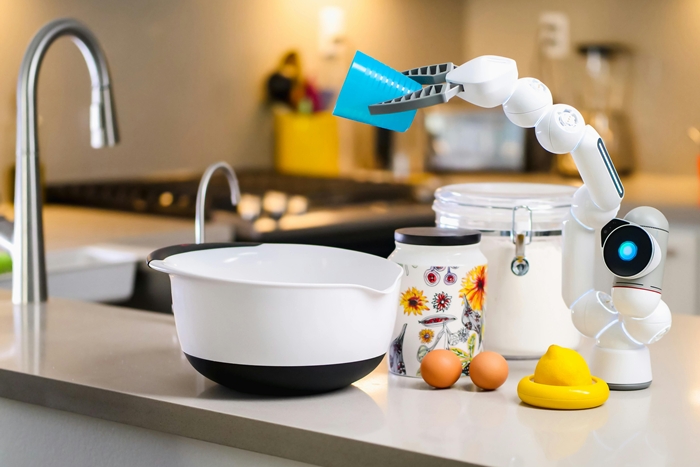
In today’s fast-paced digital world, artificial intelligence (AI) is revolutionizing the way we interact with our living spaces. Smart homes, once seen as futuristic fantasies, are now becoming everyday realities, thanks to the capabilities of AI. The growing demand for automation, comfort, and efficiency has fueled the adoption of smart devices, but AI adds the missing piece: true personalization.
At its core, AI helps smart homes learn user behaviors, anticipate needs, and automate tasks seamlessly. Unlike traditional automation, where users pre-set commands, AI-enabled systems adapt in real time.
Key ways AI personalizes smart homes:
By integrating machine learning algorithms and predictive analytics, smart homes move from reactive to proactive systems, offering unparalleled convenience.
Home automation was the first big leap toward smarter living. With AI, it evolves into intuitive living. Imagine your home adjusting the thermostat, lighting, and even your coffee machine based on your sleep cycle and work schedule.
Some benefits include:
Beyond lighting and climate control, AI is making kitchens and living areas more dynamic and responsive. Smart refrigerators suggest grocery lists based on what’s running low, while AI ovens adjust cooking settings automatically depending on the recipe.
Living rooms, once static spaces, now transform based on who walks in. AI systems recognize individuals and adjust the ambiance—lighting scenes, background music, and even scent diffusers—to suit personal preferences.
This type of hyper-personalized environment enhances family time, supports better mental well-being, and optimizes day-to-day activities without constant manual inputs.
While the prospects are exciting, AI in smart homes is not without challenges. Privacy concerns top the list. With AI systems collecting vast amounts of personal data, ensuring secure data storage and ethical usage becomes critical.
Other challenges include:
Looking ahead, advancements in AI ethics, more robust cybersecurity measures, and better device interoperability are expected to drive the next wave of smart home adoption. We can also anticipate greater integration with emerging technologies like IoT (Internet of Things), 5G, and edge computing, making personalization even more seamless.